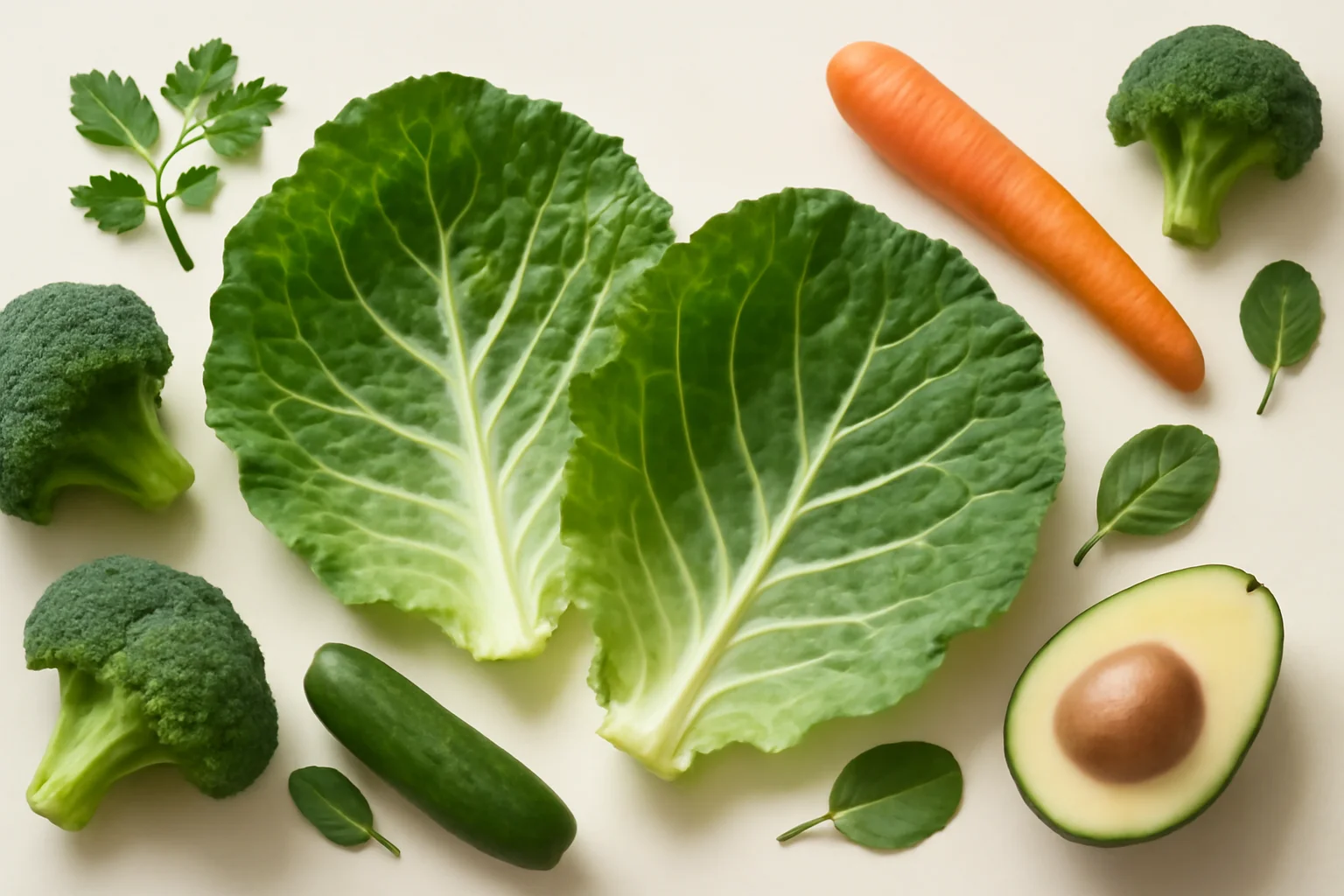
The Beneficial Effects of Cabbage on Our Health
The cabbage holds a special place in Hungarian cuisine, and it is popular not only for its taste but also for its nutritious effects. This vegetable, cultivated for centuries, possesses numerous beneficial properties that contribute to the preservation of our health. Cabbage is rich in vitamins, minerals, and fibers, which are essential for the optimal functioning of the body. Additionally, cabbage sprouts are particularly noteworthy, as the young leaves are packed with nutrients and antioxidants that help protect cells and prevent various diseases.
Consuming cabbage sprouts is not only healthy but also delicious, as they can be used in a variety of dishes. Whether in salads, soups, or side dishes, cabbage sprouts are always a great choice. In addition to the vegetable’s versatility, its nutrient content is outstanding, which helps enrich our daily diet. Let’s explore the beneficial effects of cabbage sprouts and how they can assist in maintaining our health.
The Nutritional Content of Cabbage Sprouts
The nutritional content of cabbage sprouts is extremely rich and diverse, allowing them to become an integral part of our daily diet. One of the most important components of cabbage sprouts is vitamin C, which has antioxidant properties. This vitamin not only supports the functioning of the immune system but also contributes to skin health and cell regeneration.
Cabbage sprouts also contain significant amounts of vitamin K, which is essential for the blood clotting process and bone health. Vitamin K helps with the incorporation of calcium into bone tissue, thus contributing to bone strength and the prevention of osteoporosis.
The fiber content of cabbage sprouts is also noteworthy, as fibers aid digestion, regulate blood sugar levels, and help maintain a feeling of fullness. Adequate fiber intake can reduce the risk of cardiovascular diseases and the likelihood of developing type 2 diabetes.
Furthermore, cabbage sprouts are rich in minerals such as calcium, potassium, and magnesium, which play important roles in cell communication, blood pressure regulation, and muscle function. Additionally, antioxidants like flavonoids and carotenoids help neutralize free radicals, thereby reducing the risk of chronic diseases.
The Beneficial Effects of Cabbage Sprouts on Digestion
The health of digestion is crucial for proper nutrition and well-being. Regular consumption of cabbage sprouts can contribute to the health of the digestive system in several ways. The fibers found in them help with bowel movements, promoting regular stool passage and reducing the risk of constipation.
The prebiotic fibers in cabbage sprouts feed the beneficial bacteria in the gut flora, which play a key role in digestion and immune system function. The health of the gut flora is essential for nutrient absorption and the prevention of inflammatory and autoimmune diseases.
Moreover, the vitamins and minerals found in cabbage sprouts, such as vitamin C and magnesium, also support the functioning of the digestive system. Vitamin C can help regulate stomach acidity, while magnesium may contribute to the relaxation of the intestinal muscles, thereby improving digestive processes.
Regular consumption of cabbage sprouts can also reduce symptoms of heartburn and reflux, as the vegetable’s alkalizing effect can help maintain the balance of stomach acid. Healthy digestion positively impacts not only physical well-being but also mental health, as the connection between the gut flora and the brain is closely linked to our mood and stress management.
The Role of Cabbage Sprouts in Weight Loss
Cabbage sprouts are an excellent choice for those looking to reduce their body weight, as they are highly nutritious while being low in calories. The fibers in them provide a feeling of fullness for longer, helping to prevent overeating. Consuming fiber-rich foods not only aids in reducing calorie intake but also contributes to the health of the gut flora, which is crucial for weight loss.
Cabbage sprouts also have a high water content, which enhances hydration, an essential factor in the weight loss process. Proper hydration supports cellular function and detoxification, stimulating metabolism. Cabbage has beneficial effects on the liver, which plays an important role in fat breakdown and detoxification.
Additionally, the antioxidant content of cabbage sprouts helps reduce inflammation, contributing to weight loss. Reducing inflammation generally has a favorable effect on metabolism and promotes fat burning.
Incorporating cabbage sprouts into a healthy diet along with regular exercise can be an effective way to achieve weight loss goals. Whether added to salads, soups, or side dishes, they can create delicious and nutritious meals that support weight loss efforts.
The Protective Effect of Cabbage Sprouts Against Diseases
Consuming cabbage sprouts not only enriches our daily diet but can also provide protection against various diseases. The antioxidants found in them, such as vitamin C, flavonoids, and carotenoids, help neutralize free radicals that can damage cells and contribute to the development of chronic diseases like cancer and cardiovascular diseases.
The anti-inflammatory properties of cabbage sprouts are also noteworthy. Reducing inflammation is crucial for the prevention of chronic diseases, as inflammatory processes contribute to the development of heart disease, diabetes, and other health issues. Regular consumption of cabbage sprouts can help mitigate inflammatory processes, thereby contributing to long-term health preservation.
The vitamin K found in cabbage sprouts also plays an important role in maintaining bone health, while calcium and magnesium contribute to cardiovascular health. Adequate intake of these minerals can help regulate blood pressure and reduce the risk of cardiovascular diseases.
Overall, cabbage sprouts are not only tasty and nutritious but also have numerous beneficial effects on our health. The nutrients and antioxidants they contain contribute to the prevention of various diseases, making it worthwhile to regularly incorporate them into our diet.
**Warning**: The information contained in this article does not substitute for medical advice. Always consult your doctor if you have health concerns.

